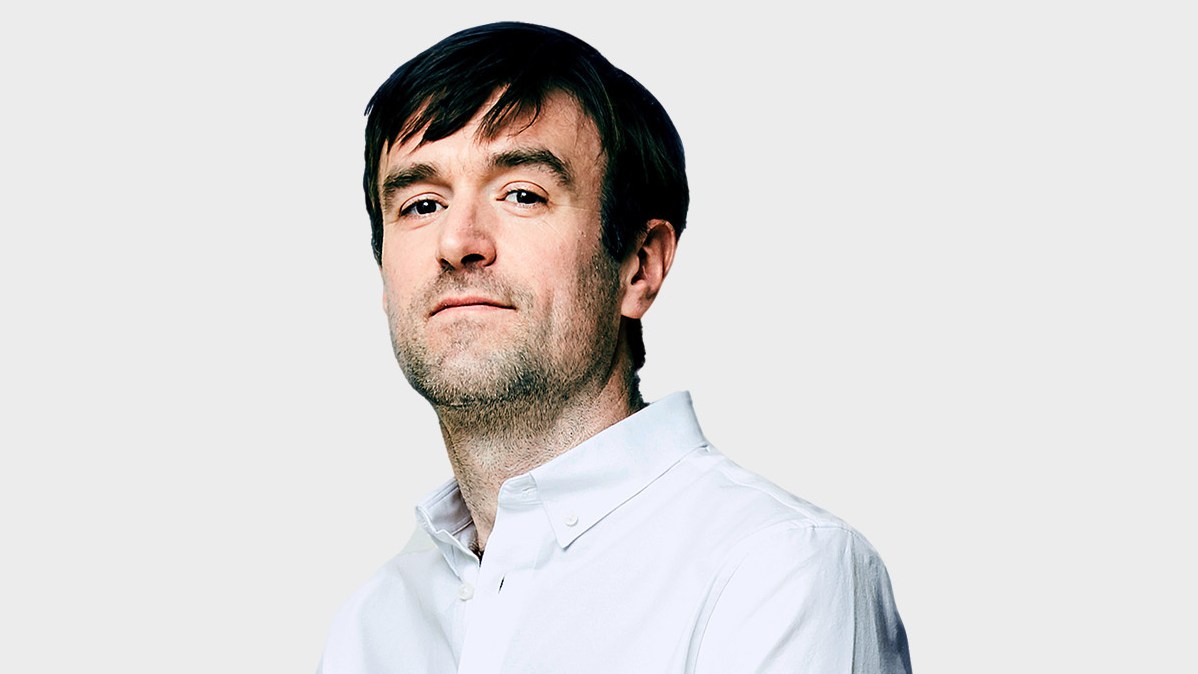It has been an uncomfortable experience. It is not, intellectually, where many expected to be. But a lot of people who really don’t agree with Trump are doing just that. Or, as Professor Sir Robert Lechler, immunologist and executive director of King’s Health Partners, put it to me, “It’s really galling, but Trump is right.”
Last month Trump pledged to address, in a typically quixotic application of capital letters, “Foreign Nations Freeloading on American-Financed Innovation”. For too long, he said, there has been “abuse of Americans’ generosity”. “The United States has less than five per cent of the world’s population and yet funds around three quarters of global pharmaceutical profits,” he said. Europe, specifically, was not paying its share to fund new treatments.
It is tempting to view this like his tariff calculations — yet another spin on the roulette wheel of nonsense. Yet in the days since, from academics to pharma executives, I have encountered the same (grudging) reaction: he does, alas, have a point.
• US-UK trade deal imminent, Jonathan Reynolds claims
If selling innovative drugs is your business, the US is where you want to do it. They typically pay three times as much for a brand-name drug and buy more of them. Another pharma executive I spoke to compared the situation to Nato. The US spends 0.8 per cent of its GDP on new medicines, the UK and EU about 0.3 per cent. As with defence, he said, Europe has been keeping itself dry under the umbrella of America.
The analogy is not perfect. Unlike with Nato, this disparity cannot be blamed on complacency. Quite the reverse. There is a good reason drugs are cheaper here: the European socialist systems (as Donald Trump calls them) have done their jobs. When the NHS talks to drug companies, it knows they have no other buyer in the country. It also knows there is a ticking clock on the companies’ patents. So negotiators can be brutal.
To be considered, a drug must show it can extend a year of quality life for less than a set price; a price that hasn’t increased in over 20 years. Even if it does that, the NHS will still push for more reductions. It will keep the price it pays secret. If overall the NHS spends more on drugs than it budgeted, and it always does, the companies have to pay the overspend back.
And in the US? With many buyers and many market dysfunctions, nothing like that happens. The US system is extremely wasteful and a lot of people get rich out of it. If there was a moral value in funding insurance middlemen, then Trump would doubtless rail that Europe also wasn’t buying enough Rolexes for consultants. But there isn’t.
• British exports to US suffer biggest fall on record
The moral value is in pharmaceutical research: the $1 billion-plus each new drug costs to develop. And if you accept that the (pretty high) profitability of pharmaceutical companies incentivises that development, then Europe is not creating much incentive.
Trump plans to force the companies to charge Americans what they charge other countries. That will be very difficult, not least because it is often confidential. But that doesn’t mean nothing will happen. It may be they charge less in the US and cut research. It may be they charge more here and don’t.
It is possible that some drugs simply aren’t offered in smaller economies. Or we can hope that the roulette wheel of nonsense spins once more, stops somewhere else, and he gets distracted. But that doesn’t mean he’s wrong.
